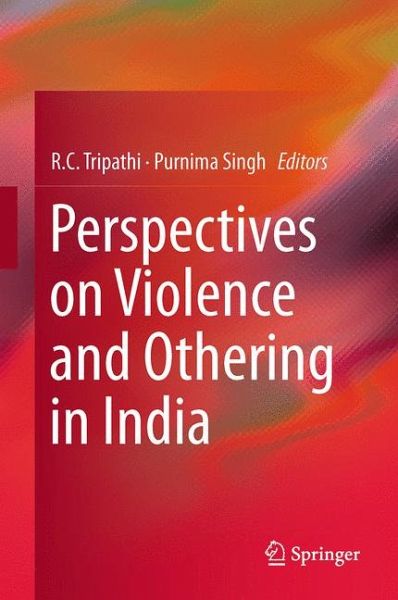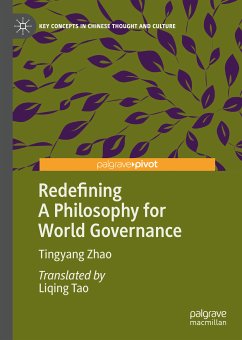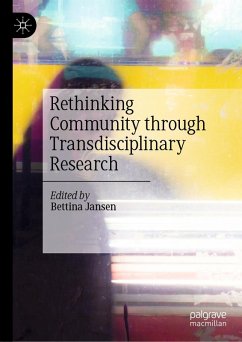
Perspectives on Violence and Othering in India (eBook, PDF)
Versandkostenfrei!
Sofort per Download lieferbar
72,95 €
inkl. MwSt.
Weitere Ausgaben:

PAYBACK Punkte
36 °P sammeln!
This volume brings together important and original perspectives from South Asia on the relationship between violence---an increasingly important issue in multicultural societies---and the process of othering. The contributors state that societies create 'others' through deliberate acts of selection over a period of time. The objective of the process of othering is to deny rights and privileges that one sets for one's own group. This volume affirms that central to the understanding of violence in any society is the understanding of othering processes. Violence and nonviolence are influenced by ...
This volume brings together important and original perspectives from South Asia on the relationship between violence---an increasingly important issue in multicultural societies---and the process of othering. The contributors state that societies create 'others' through deliberate acts of selection over a period of time. The objective of the process of othering is to deny rights and privileges that one sets for one's own group. This volume affirms that central to the understanding of violence in any society is the understanding of othering processes. Violence and nonviolence are influenced by the nature of othering processes as well as the kinds of others in a society. Groups engaged in mutual othering are also the ones that are often involved in violent relationships.
Renowned scholars from diverse fields provide multidisciplinary perspectives on violence and othering, discussing the concepts of violence and nonviolence in multicultural societies, communal harmony, constructions of the other, truth commissions, state censorship of 'sensitive' issues, fundamentalism and secularism in multifaith societies, and specific cases from recent violence-prone areas. This volume focuses on the South Asian, and more specifically, the Indian context, but is relevant for researchers seeking to understand these issues anywhere in the world.
Renowned scholars from diverse fields provide multidisciplinary perspectives on violence and othering, discussing the concepts of violence and nonviolence in multicultural societies, communal harmony, constructions of the other, truth commissions, state censorship of 'sensitive' issues, fundamentalism and secularism in multifaith societies, and specific cases from recent violence-prone areas. This volume focuses on the South Asian, and more specifically, the Indian context, but is relevant for researchers seeking to understand these issues anywhere in the world.
Dieser Download kann aus rechtlichen Gründen nur mit Rechnungsadresse in A, B, BG, CY, CZ, D, DK, EW, E, FIN, F, GR, HR, H, IRL, I, LT, L, LR, M, NL, PL, P, R, S, SLO, SK ausgeliefert werden.












